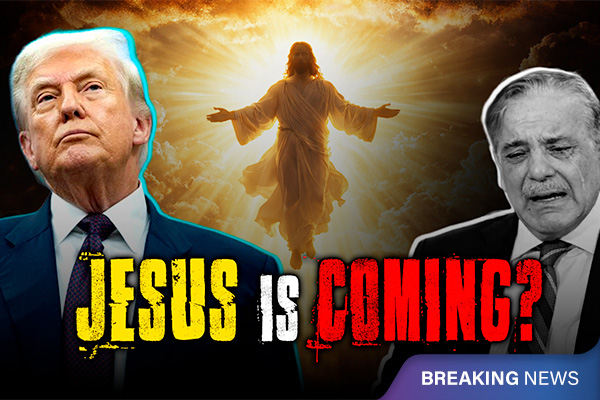What’s Happening in Bangladesh? Student Protest Explained
Prime Minister Sheikh Hasina of Bangladesh resigns amid violent protests, leading to increased attacks on Hindus and the formation of an interim government.
In a shocking turn of events, Prime Minister Sheikh Hasina of Bangladesh has resigned amidst violent protests led by student groups. The protests, which have been growing in intensity, were met with a severe response from the government, including the use of bullets, rubber bullets, and tear gas by the police. Protesters have retaliated by setting fire to vehicles and the ruling party’s offices, carrying sharp weapons and sticks.
The government declared a holiday from Monday to Wednesday on 4th August, with courts closed indefinitely to control the situation. Mobile internet services were cut off, and social media platforms like Facebook, WhatsApp, and other messaging apps became inaccessible.
Over the past weeks, at least 11,000 people have been arrested, and schools and universities have closed. At one point, authorities imposed a curfew and ordered that anyone seen outside would be shot. Protesters urged people not to pay taxes or utility bills and to avoid going to work on Sunday, a working day in Bangladesh.
The roots of these protests lie in the reinstatement of the Quota System for government jobs by the High Court on 5th June 2024. The system, initially created in 1972, reserved 30% of government positions for descendants of freedom fighters. This decision sparked outrage among students who argued that it would worsen unemployment and lead to the issuance of fake certificates.
Despite the Supreme Court's order on 21st July to allocate only 5% of government jobs for freedom fighters’ descendants, the protests continued. The students demanded a personal apology from Hasina, the resignation or arrest of implicated officials, and compensation for victims and their families.
When Hasina ignored these demands, protests resumed on 30th July. She labelled the protesters as "Razakar," a term for those who collaborated with Pakistan during the independence war, and offered to talk with student leaders, which was refused.
The protests culminated in Hasina's resignation on 5th August 2024. She fled Bangladesh in a military helicopter and landed at Hindon airbase near Ghaziabad, India, where she was received by National Security Advisor Ajit Doval. She has now applied for asylum in the UK and will stay in India until it is granted.
Following her resignation, jubilant crowds celebrated, some entering the Prime Ministerial palace and carrying out furniture. Attacks on Hindus in Bangladesh have increased due to perceived support from the Indian government for Hasina. However, Muslim clerics and students have been seen protecting Hindu temples.
General Waker-Uz-Zaman, the Chief of Army Staff, announced the formation of an interim government, taking full responsibility and urging an end to the violence. Student leaders proposed Nobel Laureate Dr. Muhammad Yunus to lead the interim government.
As Bangladesh navigates this turbulent period, the world watches closely to see how the country will form its new government and restore peace.







